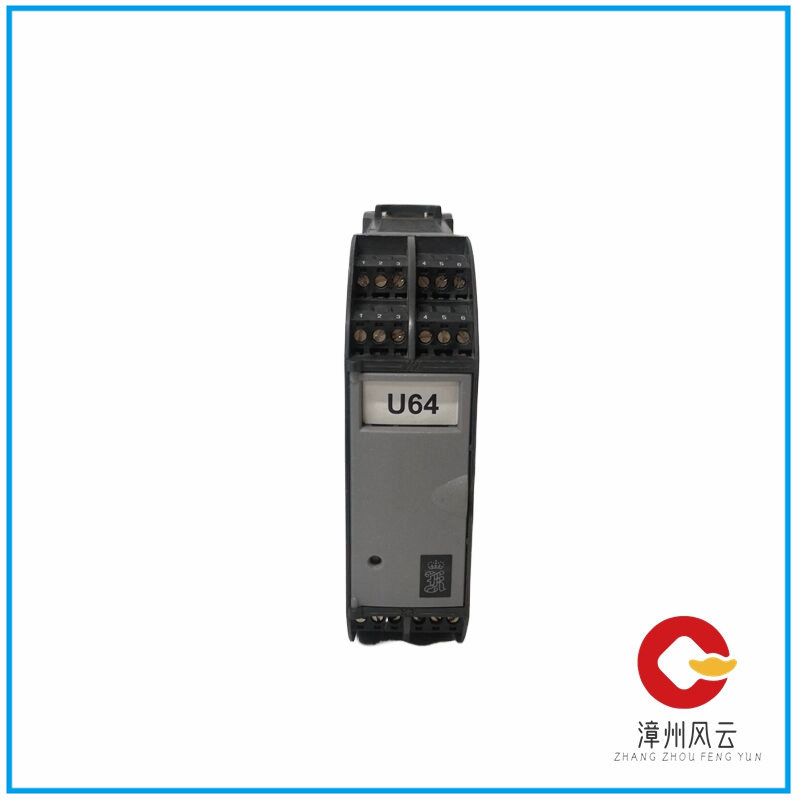On April 13th, Yokogawa Electric announced an agreement with NTT DOCOMO to conduct a Proof of Concept (PoC) test for remote control of factory systems using fifth generation mobile communication (5G), cloud, artificial intelligence, and other technologies.PoC will involve using cloud based Yokogawa artificial intelligence for factory control, as well as installing 5G communication modules for remote water level control on the three tank water tank water level control system * 1. This test aims to demonstrate that companies in the chemical, petroleum, and other process industries can easily modify existing systems to utilize state-of-the-art 5G autonomous control equipment and the latest cloud based artificial intelligence. In order to achieve autonomous control in future factories, Yokogawa will collaborate with DOCOMO to validate and optimize this technology.
To some extent, the ongoing COVID-19 pandemic has led to a sharp increase in demand for improving production safety and efficiency through factory independent control. Last year, Yokogawa conducted a survey on the process industry, with 64% of respondents stating that they expect factories to achieve fully autonomous operation by 2030, using artificial intelligence and other technologies, and that autonomous control mechanisms that do not require human intervention will become increasingly common. However, considering the delay in communication between the cloud and device controllers when using traditional wireless communication, there are still significant technical challenges in autonomous remote control of factory systems
This PoC will study the DOCOMO Open Innovation Cloud, a high-speed, high-capacity, and low latency 5G communication network using DOCOMO* 3- Provide Multi Access Edge Computing * 4 (MEC), explore solutions to the technical challenges of implementing low latency, and meet the cloud technology and other similar requirements of the 5G era. Yokogawa, with its proprietary artificial intelligence technology * 5, has completed the experiment of its autonomous control system and successfully controlled the water level in the three tank water tank water level control system. This task is generally considered very difficult, and the technology used is considered among the more advanced products in the industry. In this PoC test, by the end of March 2022, Yokogawa will collaborate with DOCOMO to build a demonstration environment for cloud based remote water level control in a three tank water tank water level control system using artificial intelligence, and to compare and evaluate the communication performance between LTE and 5G.

With a deep understanding of factory control, operational technology, IT, and the industry, Yokogawa is helping customers in numerous industries visualize issues that affect various aspects of business activities and optimize their operations, thereby creating new value and maintaining growth. Through this PoC test, Yokogawa will work together with DOCOMO to create new value, contributing not only to the process industry but also to the development of all other industries.
Mr. Hasegawa, Vice President and Head of Product Headquarters of Yokogawa, stated, “Yokogawa has long played a leading role in the development of distributed control systems, which control and monitor the operation of factory production facilities, supporting the growth of many industries. Looking ahead to the future of independent industrial operations, we are currently promoting IA2IA (from industrial automation to industrial automation).” . By connecting 5G with cloud and Yokogawa’s artificial intelligence products and equipment control instruments. We believe that Yokogawa can make a significant contribution to achieving remote control and fully autonomous operation of the factory system. We will work together with NTT DOCOMO to create more value for our customers
*1 is usually used for training and experimentation, involving the adjustment of water level from one water level to the next, with the overall goal of controlling the water level at the lowest stage. Given the characteristics of these fluids, it is widely believed in the process industry that it is difficult to accurately control their flow rates, but this can improve productivity.
*Yokogawa Electric Co., Ltd. (2020) “Outlook on Industrial Autonomy”
*A cloud service that utilizes MEC to achieve the low latency and high security required for 5G communication, and the required cloud infrastructure is a component of DOCOMO network infrastructure.
*4 settings that allow mobile communication network servers and storage devices to be placed close to customers.
*The 5-Factorial Kernel Dynamic Policy Planning (FKDPP) reinforcement learning algorithm is an artificial intelligence developed in collaboration with the Nara Institute of Science and Technology (NAIST) in 2018 for autonomous control of factory operations. By monitoring the water level in the three tank water level control system and adjusting the opening of the three valves accordingly, the water volume is controlled to maintain the water level in the third tank at the set level. Only 30 artificial intelligence training cycles are needed to create the most ideal control model.